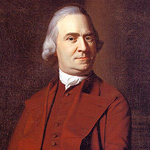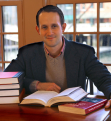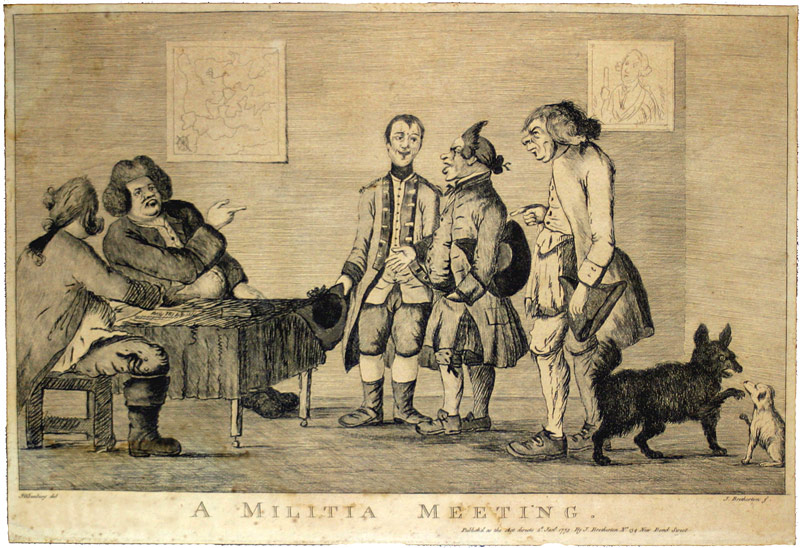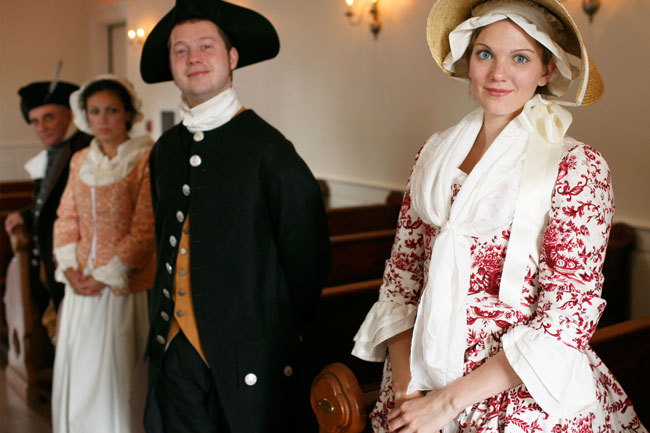Following the Boston Massacre, the momentum behind the patriot movement seemed to falter. Most of the Townshend duties had been repealed, and it was widely publicized that patriot merchants still imported luxury goods from England in spite of the non-importation agreement. But devoted patriots continued to stoke the flames of liberty. Every year public demonstrations were held on the anniversary of the Boston Massacre. But in 1773, the movement against taxation without representation gained new life in the form of the Tea Act.
John Adams & The Boston Tea Party
Passage of the Tea Act
Passed on May 10, 1773, the Tea Act lowered the tax on East India Company tea to a mere threepence per pound. Supporters in Parliament knew that the East India tea would be even cheaper under the Tea Act, cheaper than smuggled Dutch tea, and for that reason they believed the act would meet little if any resistance in the North American colonies. But they were sorely mistaken. Patriot merchants who had enjoyed financial success by smuggling goods into the colonies from other parts of the world were concerned that the act would create a monopoly. Moreover, if Parliament and the East India Company could monopolize the tea trade, then all other goods and services could be subject to taxes and monopolies, all while the colonists had no representation in Parliament.
The First Tea Ship Arrives
The first ship arrived in Boston Harbor on November 28, 1773, and the Sons of Liberty wasted no time in creating an atmosphere of panic in the town. Holding several meetings in the following weeks, patriots resolved that the tea should not be unloaded, for if it was the taxes would be paid. Instead, they insisted that the tea should be sent back on the same ships to England from whence they came. Francis Rotch, the ship owner of the Dartmouth and Beaver was thrown into the middle of the conflict when Samuel Adams and the Boston Committee of Correspondence ordered him to seek a pass first from Richard Harrison, and then on December 16, from the Royal Governor himself. Through it all, John Adams as ever the impartial attorney offered Rotch legal counsel.
Adams Reacts to the Boston Tea Party
But John Adams was not in town the night of December 16, 1773, when patriots took decisive action and destroyed the tea by dumping it into Boston Harbor. When he returned the very next morning, he was shocked that the Sons of Liberty undertook such a foolhardy course, but was nonetheless pleasantly surprised. “There is a Dignity, a Majesty, a Sublimity, in this the last Effort of the Patriots, that I greatly admire” John Adams recorded in his diary. “I can’t but consider it as an Epocha in History.” Eerily prescient of events to come, John Adams questioned how the British Parliament would respond to such a maneuver. After all, the drowning of the East India tea in saltwater was an “Attack upon Property.” “What measures will the ministry take in consequence of this?” Adams wondered. “Will they punish us? How? By quartering troops upon us?—by annulling our Charter? By laying on more duties? By restraining our Trade?” As time would tell, the British Parliament was intent on reprimanding their intractable colonies in the same way as John Adams predicted.




